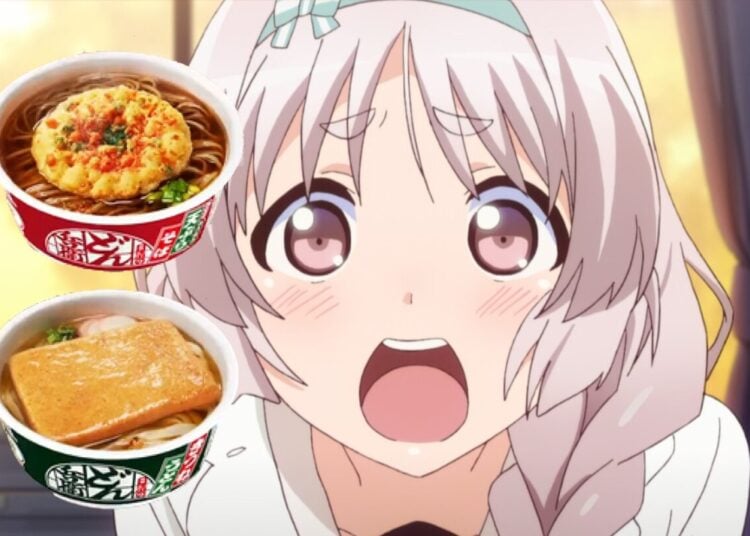A recent commercial featured a voice saying, nihon-jin wa urusai! which means that Japanese are loud and obnoxious and fussy. Was this an insult to Japanese consumers? Not at all — the commercial, for Nescafe instant coffee, was actually saying that Japanese were picky when it came to how their coffee tasted, a good thing from their point of view. The voiceover was done using a foreigner speaking accented Japanese, which results in an interesting “otherness” that’s just what the doctor ordered for advertisers looking for a way to subliminally tie their product to the image of exotic foreign lands. Just as different dialects can bring up different emotional responses in listeners — the Imperial officers in Star Wars wouldn’t seem so evil if they weren’t speaking with British accents — Japanese pronounced in a non-standard way can create unique settings for listeners. Another example is Suntory using a Chinese-accented voice to talk about how authentic its oolong tea is, or Lotte using a little girl speaking Finnish-accented Japanese to promote its gum with xylitol (which comes from Finland). It’s quite common for radio DJ’s to speak a strange English-influenced form of Japanese that makes them sound like foreigners, inflecting the usually flat tones with emotional highs and lows that makes the ear think it’s listening to English even though the content is in Japanese. In this way, they’ve essentially created an artificial dialect of the language to go along with traditional ones like Osaka-ben, Kyoto-ben and so on.
There are two kinds of people, those who drink root beer and those who don’t. Generally, Japanese fall into the second category, as the venerable American beverage tastes to them like Salonpas, a muscle cream similar to Bengay. My family loves the stuff, even my Japanese wife, who got tired of being teased by her kids and me as a nakama-hazure (nah-kah-mah HA-zoo-ray), or outsider, because she was the only one who couldn’t drink root beer. Thanks to a company Kobe, the Foreign Buyers’ Club, gaijin who live in Japan can get access to just about anything from the U.S., from Rice Crispies to Campbell’s Soup to American peanut butter (they have Brit and Aussie stuff too). The only catch is, you have to buy in supermarket cases, which usually means buying 12 cans of refried beans, sixteen boxes of Hamburger Helper, that sort of thing. We just got our most recent order in, so we’ve got plenty of Raisin Bran, Aunt Jamaima pancake mix, and A&W for making root beer floats. Like most Asian countries, the Japanese are fond of their pickles, which include such varieties as pickled daikon radish, eggplant and the pickled kimchee octopus I had for dinner last night (really). Still, there’s just no replacement for good old Vlassic dill spears from home, so I’m very happy to have a supplying my refrigerator right now.
If you’re in North America you probably set your clock an hour back on Sunday. Most people grumble about having to remember to set their clocks forward and back in the spring and autumn, this isn’t a problem in Japan, the only industrialized country that has not adopted the Daylight Savings Time system in one form or another. Instead, we have to deal with the other extreme — if I stay up past 3 a.m. watching Japan’s bizarre late-night TV or downloading the new episode of Battlestar Galactica from iTunes, I often get to go to sleep with the rising sun peeking in through the curtains.















